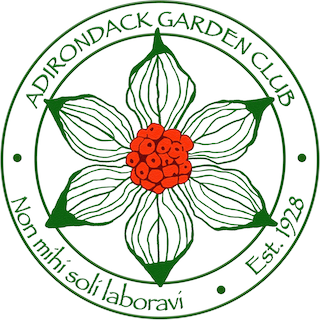Insecticide in Store-Bought Plants
SOURCE: Adirondack Daily Enterprise
To the editor:
The Adirondack Garden Club wishes to draw to your attention the dangers of neonicotinoids in many seeds and plants sold at home-improvement stores, malls, hardware stores, outlets, nurseries and whereever you find seeds and plants for sale. These insecticides persist in plants and soil long after their application; indeed, they have been found in woody plants up to six years later. In addition, the pollen and nectar of treated plants may contain “neonic” residues — sometimes at lethal levels. They pose a danger to all pollinators and, when applied to milkweed in particular, to the monarch larvae. Dr. Chip Taylor of Monarch Watch notes that “just 2 or 3 bites of a neonic-treated milkweed plant can kill a monarch caterpillar.”
Birds, bats, butterflies, moths, flies, beetles, wasps, small mammals and most importantly bees are all pollinators. They visit flowers to drink the nectar or feed off pollen and transport pollen grains as they move from spot to spot. We depend upon this nearly invisible pollination ecosystem for its link to most of our food production and flowering plants. In addition, pollinators provide aesthetic and cultural value as many wildflowers and garden plants require pollination to survive.
The public should be aware of this hazard and ask before purchase if the seeds or plants are neonic-free — i.e., have not been pretreated with neonicotinoids. In this season of planting our gardens, it is important to ask questions and read the fine print before purchases.
Nancy Howard, president (Westport)
Katherine Houseal (Westport)
Lynne Perry (Upper Saranac Lake)
Co-chairs, Conservation Committee
Adirondack Garden Club
Member, Garden Club of America

